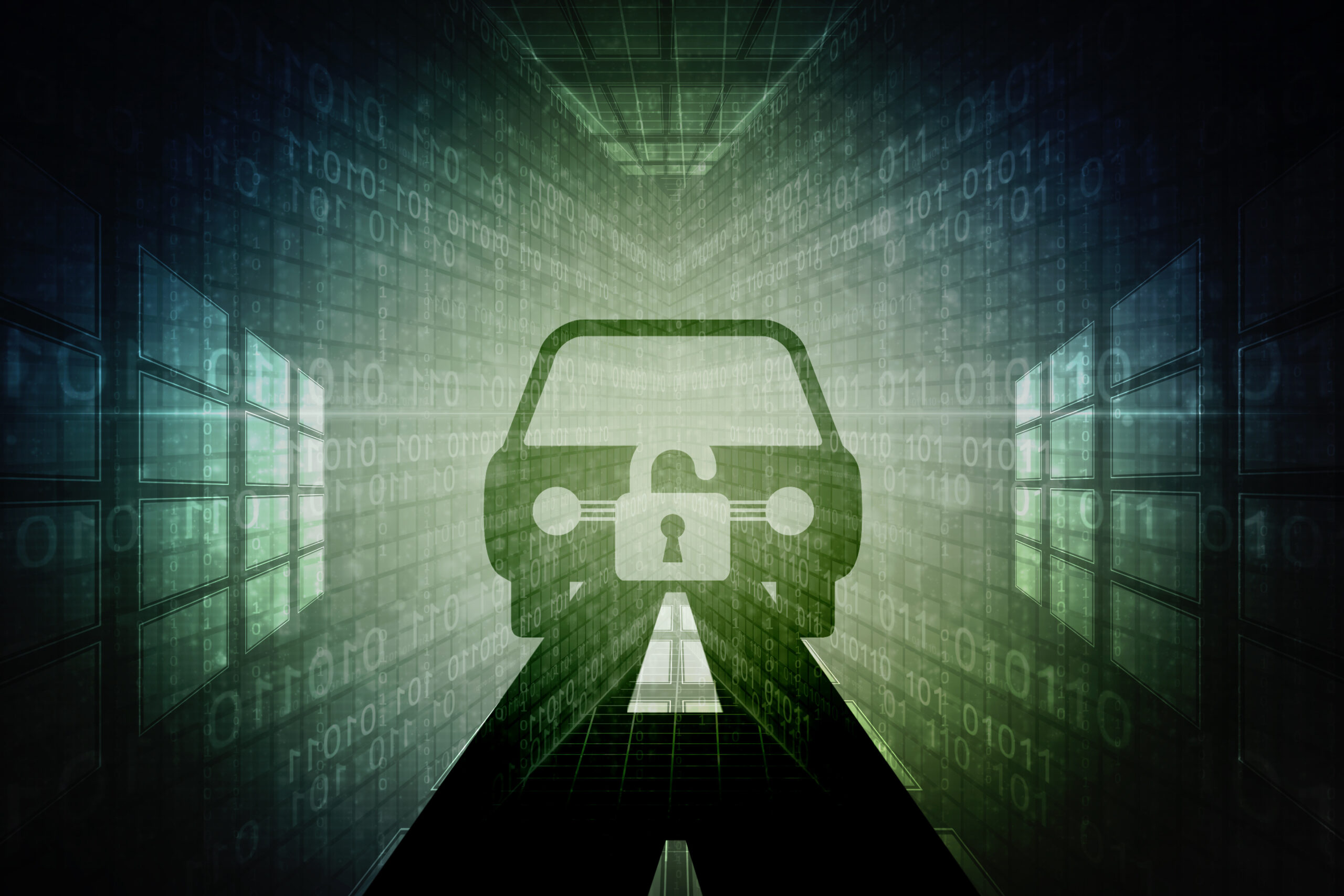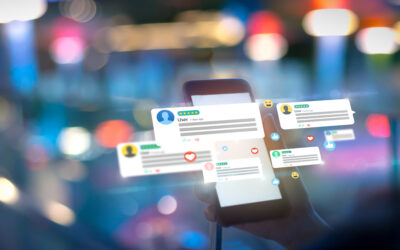Things are starting to open up and the possibility of travel is just over the horizon. If you own your own business, travel can often be an important part of keeping that business growing. And on top of the business trips that take you away from the office are, hopefully, the well-deserved vacations you need to relax, unwind, recharge and refocus. However, stepping away from the business that you put everything you’ve got into, if only for a week or two, can be difficult when you’re used to overseeing things on a day-to-day basis. But there are ways to relieve this anxiety. Besides putting your trust in the crack staff you so cleverly hired (even if it’s only you!), there are a few actions you can take to ensure the security of your systems at the office and while you’re on the road.
3 Ways to Make Your Office Cyber-Safe Before You Leave
There are plenty of things on your systems that should be updated regularly, but most people aren’t that great at remembering to do it. Getting ready to travel is a good time to schedule these important tasks. Really, it is all about security, so you will want to take care of these 3 things:
-
- Make sure your security software is up to date
You want to be running the latest and greatest antivirus software. There are many on the market including the most-recognized names like Norton and McAfee, but we recommend Webroot for its high detection and removal rate and excellent customer service. - Install firewalls
People often ask, what’s the difference between anti-virus software and firewalls? And do I need both? Simply put, anti-virus software, as the name implies, detects and removes viruses from a device whereas a firewall protects systems or networks from unauthorized access. So, yes, you need both. - Update patches
Security patches are meant to fix vulnerabilities – mistakes – in the software you use that could be exploited by hackers and malware. You have probably seen the pop-ups telling you there is a software update. And, more often than not, you have probably ignored it. However, these alerts are not meant simply to annoy you. They are there to help you. And they are important. There are great online resources to help you learn how to update security patches on your Windows device. As for Apple devices, critical security updates for your Mac are released as automatic updates. Your Mac checks for these updates daily, and when an automatic security update is available, it installs automatically and displays a notification.
- Make sure your security software is up to date
With these things taken care of you’ll have the peace of mind to get ready to go.
Don’t Pack Your Data
A good rule of thumb when traveling is don’t take anything with you you’re not willing to lose. This is especially true of your essential and confidential data. Don’t have it on your computer when you travel. Back it up to a cloud service like Dropbox, iCloud or OneDrive where it is easily retrievable. Losing your laptop is one thing. A hassle but easily replaceable. Losing essential data and personal information can border on the tragic – and costly.
Checking In On Your Business While You’re Away
You’ve arrived and are hours into your business trip or holiday. No matter where you are or what you’re there for, you’ll be looking to get online at some point. Maybe to see how things are back at the office, check on updates to your presentation, or just to let the kids know you arrived safely. And here’s where the danger comes in. You will be relying mostly on unsecured public Wi-Fi access points. In airports, hotels, restaurants, conference centres and so on. Unsecured is the word that should catch your attention here. It means these access points don’t use any encryption. Without encryption, when you send information to the net, it’s like you’re sending a postcard. The mail delivery person can easily see the information it contains. If this person has malicious intentions, you can get hacked. You can try to confirm the authenticity of the network by confirming the name of any internet connection before you log on (check with the hotel desk or the café owner) but I would suggest never logging on at a public Wifi hotspot without using a VPN.
Keep Your Private Parts Private – Use a VPN
A VPN, or Virtual Private Network, is a server that acts as the gateway between your computer and the internet, encrypting the information you send and receive so that no one else can read it. Going back to the snail mail analogy, if sending information without a VPN is like a postcard that the mail carrier, and anyone else, can read, then using a VPN is like putting that postcard in a sealed envelope. The envelope will be delivered from sender to destination without anyone seeing the information it contains. You can set up your own VPN but it’s a bit complicated. Better to go with a VPN provider. There are lots out there. Wizcase.com has a pretty good comparison of their Top 10 VPNs from 2021. Not on this list, but a solution we highly recommend, is Adam Networks. Attached to your router, Adam Networks gives you total control over your internet connection. One of its many game-changing features is its ability to regularly and automatically update the firmware inside your router with the latest firewall and firewall patches. It’s affordable and provides real security and peace of mind by keeping you steps ahead of the hackers.
When deciding which VPN to go with, make sure you consider these 4 things:
- Ease of use
- Support for your specific devices
- How many devices does it support?
- Price
There really is no case to be made for NOT using a VPN. Without one, your online security over open networks is seriously compromised. This holds true not only when you’re traveling but also when you’re checking emails at your local coffee shop back home.
Traveling, for business or pleasure, brings up more than a few issues regarding the safety of your systems and equipment both at the home or office, and wherever it is you’re going. But don’t let it be enough to keep you from boarding your flight – or bus, or train, or boat, or balloon. Taking the steps outlined above will greatly reduce the risk of anything serious happening while you’re away, and let you travel with confidence and peace of mind.





